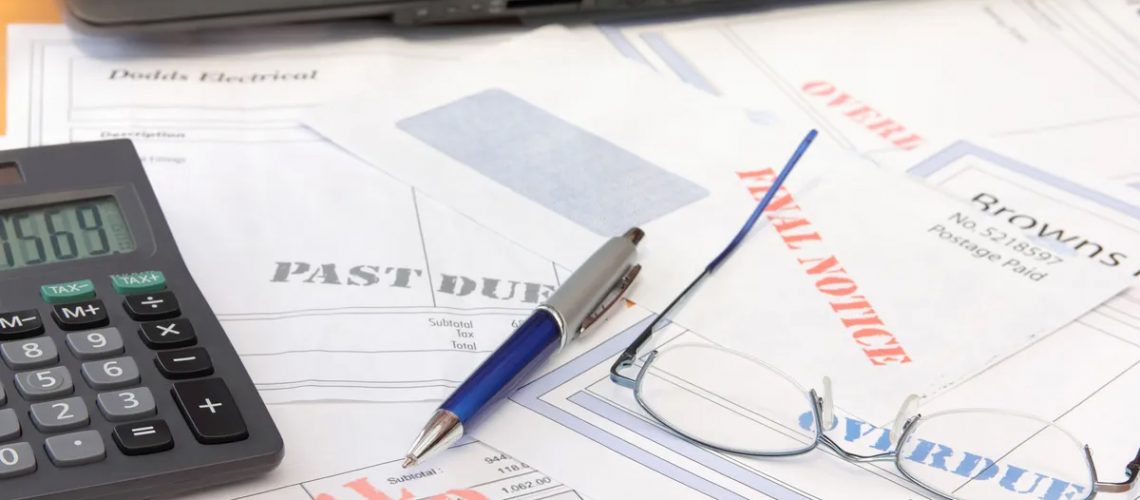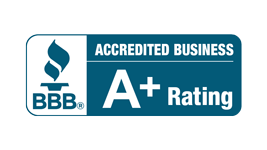Automatic Stay Violations
Filing for bankruptcy is often a difficult but necessary step for individuals or businesses overwhelmed by debt. It offers a legal pathway to regain control of finances and start fresh. One of the most immediate and powerful protections it provides is the automatic stay, a court-ordered shield that halts all collection efforts the moment a bankruptcy petition is filed.
The automatic stay is not just a procedural formality; it’s a necessary lifeline at times. It stops wage garnishments, foreclosures, lawsuits, harassing phone calls, and other aggressive creditor actions, giving the debtor much-needed breathing room to reorganize or eliminate debts under the protection of federal law.
But what happens when creditors ignore this legal shield and continue their collection efforts anyway?
What Is an Automatic Stay?
The automatic stay is a fundamental protection built into U.S. bankruptcy law. It is outlined under Section 362 of the U.S. Bankruptcy Code, and it acts as an immediate injunction that halts most collection activities the moment a bankruptcy petition is filed, whether under Chapter 7, Chapter 11, or Chapter 13.
This legal freeze goes into effect automatically, without the need for a hearing or court approval, as soon as the bankruptcy case is initiated. That means creditors are legally barred from pursuing any further collection efforts until the stay is lifted, modified, or the case is closed.
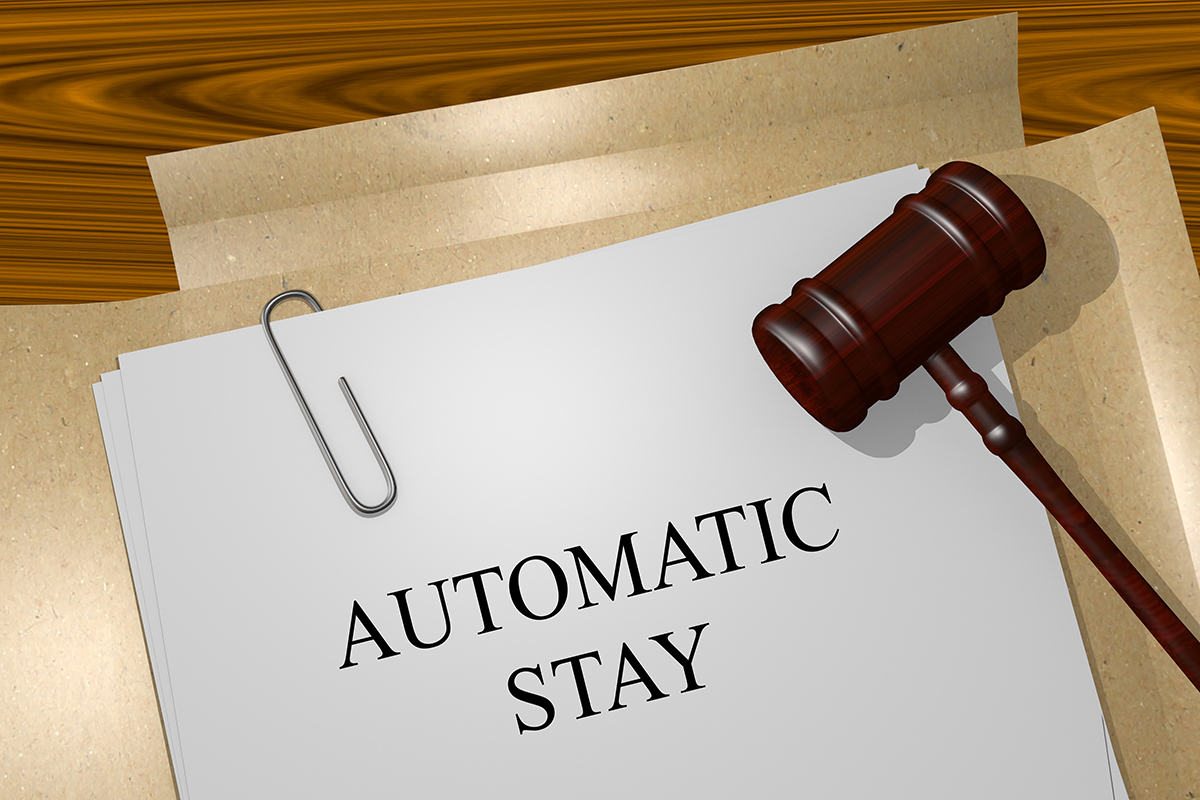
Who and What Does It Protect?
- The Debtor: Individuals or businesses filing for bankruptcy are protected from harassment, lawsuits, and financial seizures.
- The Debtor’s Property: Assets of the bankruptcy estate are shielded from creditor actions, ensuring orderly distribution and fair treatment of all parties.
What Actions Are Prohibited by the Automatic Stay?
Once the automatic stay is in place, creditors must immediately cease all collection activities. Violating the stay, even unintentionally, can lead to serious legal consequences.
Here are the key actions that are prohibited:
Contacting the Debtor for Payment
Creditors cannot call, text, email, or send letters demanding payment. Even a single collection call after the bankruptcy filing can be a violation.
Filing or Continuing Lawsuits
Any pending lawsuits to collect a debt must be paused, and no new lawsuits related to debt collection can be filed. This includes actions in small claims court or other civil proceedings.
Wage Garnishment or Bank Levies
Employers and banks must stop all garnishments and levies. Attempting to garnish wages or seize funds from bank accounts after the bankruptcy filing is a clear violation.
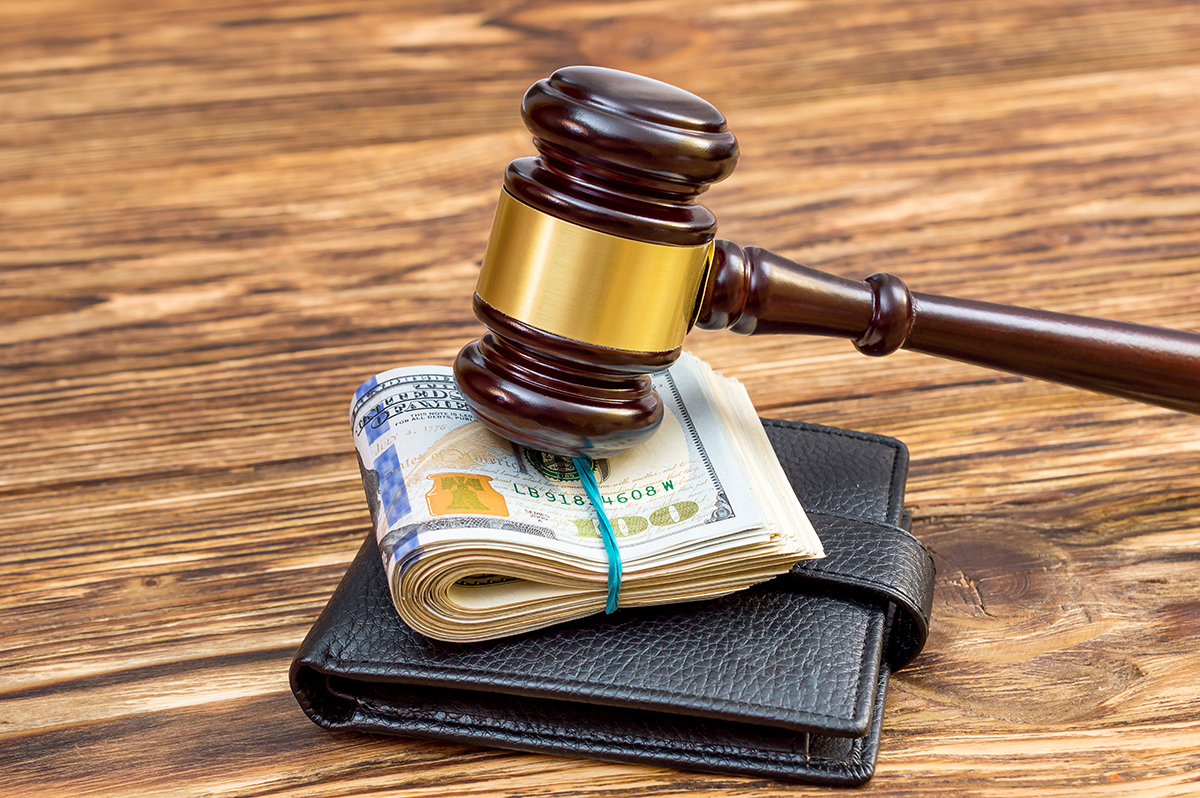
Foreclosure or Eviction Proceedings
If a creditor or landlord is in the process of foreclosing on or evicting the debtor, those actions must stop, unless specific permission is granted by the bankruptcy court.
Repossessing Property
Creditors cannot repossess a vehicle, machinery, or other collateral, even if the debtor has fallen behind on payments, once the stay is in effect.
What Constitutes a Violation of the Automatic Stay?
A violation of the automatic stay occurs when a creditor continues with collection actions after a bankruptcy petition has been filed. The automatic stay is a court order, and failure to comply, whether intentional or not, can result in serious legal consequences.
Willful vs. Unintentional Violations
A willful violation happens when a creditor is aware of the bankruptcy filing and still takes an action that breaches the stay. Intent is not necessary; only knowledge of the bankruptcy and a deliberate act are required.
An unintentional violation may occur when a creditor has not yet received notice or is unaware of the filing. However, once notified, creditors are expected to act immediately to halt all collection efforts. Ignorance of the stay is not a reliable defense if the creditor should have known based on available information.
Common Examples of Stay Violations
- Sending letters, emails, or text messages demanding payment
- Making collection calls after the filing date
- Filing new lawsuits or proceeding with existing litigation
- Continuing wage garnishments or levies
- Repossessing vehicles or initiating foreclosure proceedings
These actions, once the stay is in effect, are generally prohibited unless the creditor obtains court approval to proceed.
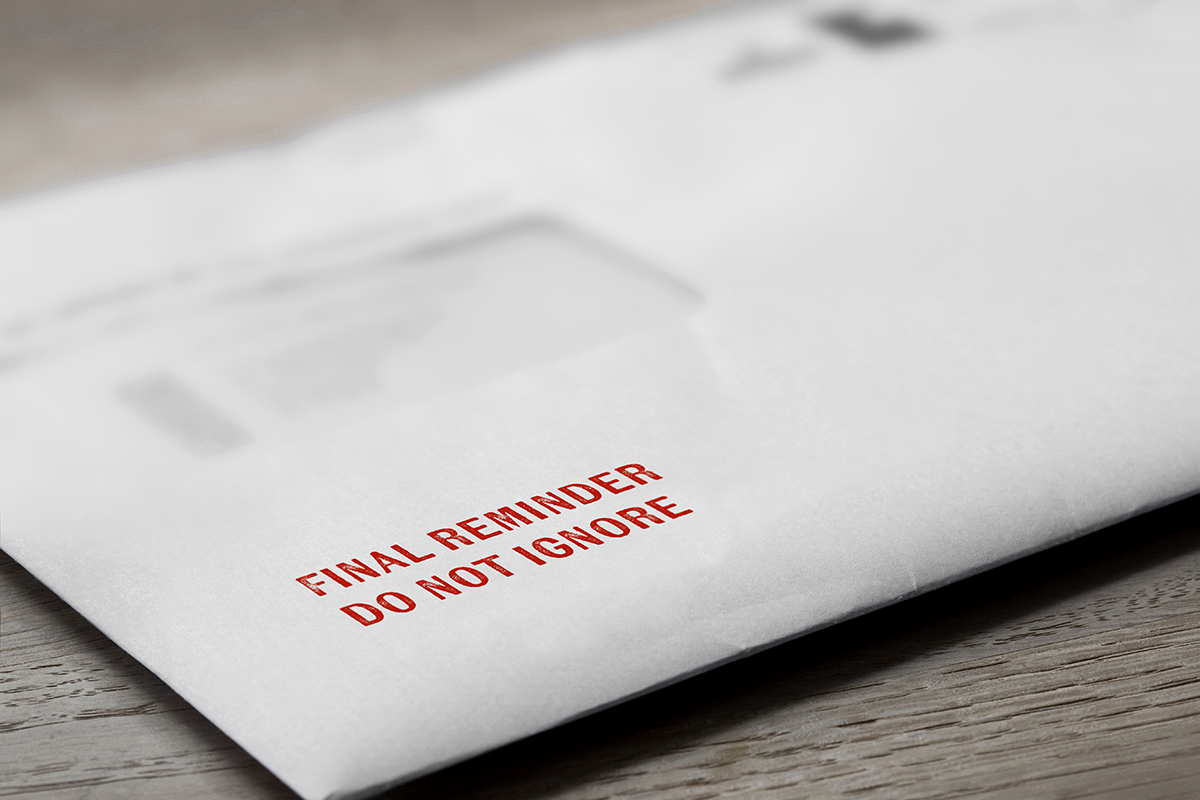
Importance of Creditor Notice and Good Faith
Debtors (or their attorneys) are responsible for notifying creditors of the bankruptcy filing. Once proper notice is provided, creditors must take all reasonable steps to stop collections. Courts expect good faith compliance. Continuing collection efforts after receiving notice is likely to be considered a willful violation, even if the creditor believes they are legally justified.
Legal Consequences for Creditors
Violating the automatic stay isn’t just a procedural misstep; it’s a serious legal matter that can result in significant penalties for creditors. The courts view the automatic stay as a fundamental protection for debtors, and any disregard for it can trigger a range of consequences, both civil and financial.
Contempt of Court
If a creditor knowingly violates the automatic stay, they can be held in contempt of court. This is especially true when the creditor has received proper notice of the bankruptcy filing but chooses to pursue collection efforts anyway. Bankruptcy courts have the authority to issue contempt rulings to enforce their orders and uphold the integrity of the bankruptcy process.
Sanctions and Penalties
Courts may impose sanctions on creditors to deter future violations and to penalize misconduct. These sanctions may vary depending on the severity and frequency of the violations, and they can be applied even if the violation did not result in significant harm to the debtor.
Compensatory Damages
Debtors who suffer harm from an automatic stay violation can be awarded compensatory damages. These include:
- Actual Damages: This may cover lost wages, repossession costs, returned check fees, or other out-of-pocket losses.
- Emotional Distress: Courts have awarded damages for emotional suffering caused by harassment, threats, or the stress of losing property, especially when the violation is egregious.
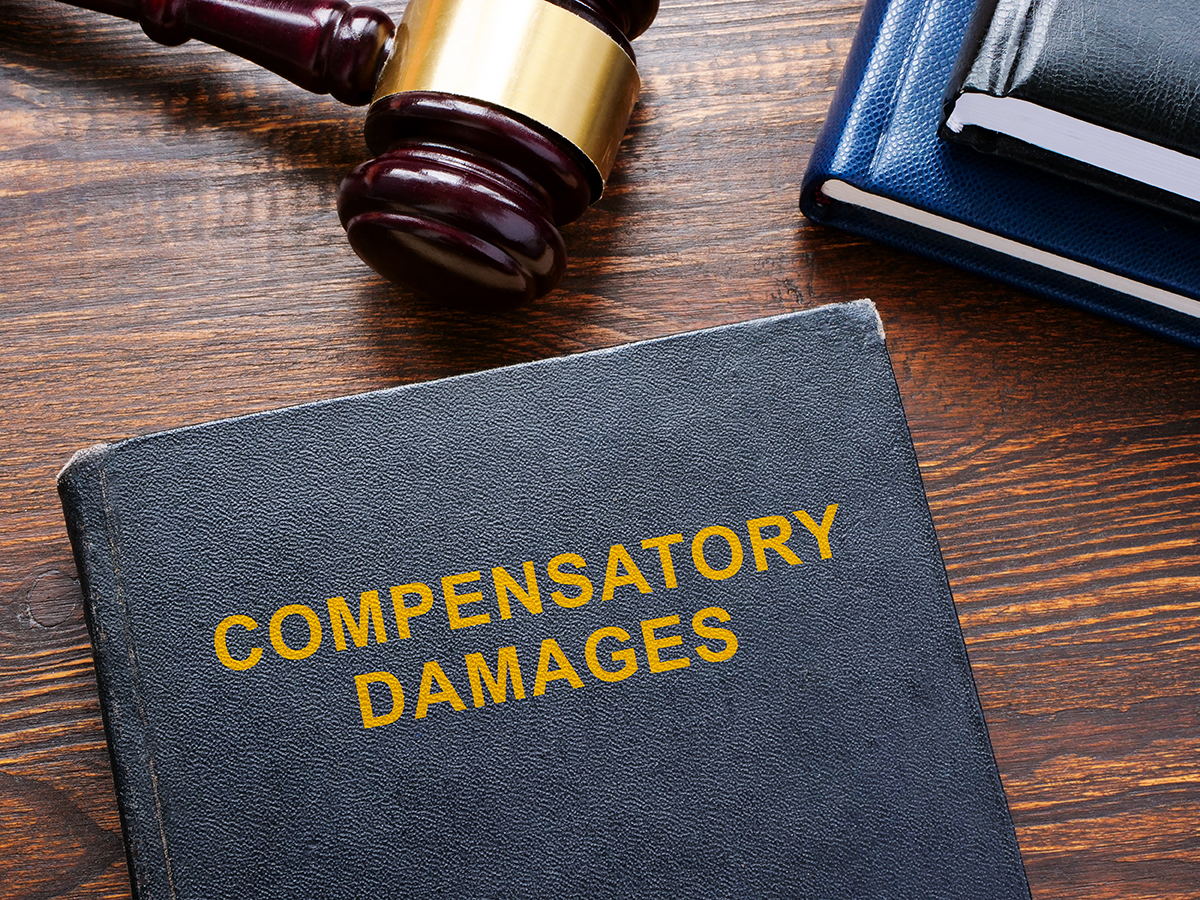
Punitive Damages
In extreme cases involving malicious, fraudulent, or oppressive conduct, the court may award punitive damages. These are intended to punish the creditor and send a strong message that abusive conduct will not be tolerated.
What Should a Debtor Do If the Stay Is Violated?
If you’re a debtor and believe a creditor has violated the automatic stay, take immediate and strategic action. Your rights are protected under the Bankruptcy Code, and you don’t have to tolerate illegal collection efforts.
1. Contact the Creditor Immediately
In some cases, the violation may be the result of an honest mistake or lack of notice. The first step is to contact the creditor in writing and inform them that you have filed for bankruptcy. Provide your case number, the court where your case was filed, and the date of filing. This can often stop the harassment or collection activity without further legal action.
2. Keep Detailed Records
Document everything. Keep a log of phone calls, save emails, texts, letters, and any other communication from the creditor. If property is repossessed or wages are garnished post-filing, gather evidence such as pay stubs, bank statements, or towing receipts. These records will be critical if you need to go to court.
3. File a Motion for Sanctions
If the creditor refuses to cease collection efforts after being notified of the bankruptcy, you (or your attorney) can file a motion for sanctions with the bankruptcy court. This motion asks the court to:
- Enforce the automatic stay
- Penalize the creditor
- Award you damages for any harm you suffered
4. Work with a Bankruptcy Attorney
A bankruptcy attorney can communicate directly with creditors, often putting an immediate stop to unlawful behavior.
The automatic stay is one of the most powerful protections available to debtors in bankruptcy. When creditors ignore this protection, whether intentionally or by mistake, the consequences can be serious. Debtors have clear rights under the law, and courts do not hesitate to enforce them through fines, damages, and other penalties.

If you are looking for a bankruptcy attorney who can help, reach out to Richard West today at 937-748-1749.
FAQs
It may be a violation of the automatic stay. First, confirm that the creditor knows about your bankruptcy. If they’ve been notified and still contact you, you may be entitled to damages and legal relief.
Not necessarily right away. Creditors typically receive notice from the bankruptcy court or your attorney, but delays can happen. That’s why it’s a good idea to send them a copy of your bankruptcy filing yourself, especially if they contact you.
Yes. If a creditor willfully violates the stay, you can recover:
- Actual damages (financial losses caused by the violation)
- Emotional distress damages
- Attorney’s fees and costs
- In extreme cases, punitive damages
Usually, it lasts until:
- Your bankruptcy case is closed or dismissed
- The court lifts the stay at a creditor’s request
- You receive a discharge of debts. In Chapter 7 cases, this is often a few months. In Chapter 13, it can last 3–5 years.
Even if unintentional, creditors are expected to correct the violation quickly once notified. If they fail to act in good faith, courts may still impose penalties.
Yes. If you’re behind on car or mortgage payments, the automatic stay temporarily halts repossession and foreclosure proceedings. However, you’ll need to work out a plan through your bankruptcy case to keep the property long-term.
Source:
[1] Kagan, J. (2024, March 26). Automatic stay: what it is, how it works, example. Investopedia. https://www.investopedia.com/terms/a/automaticstay.asp

